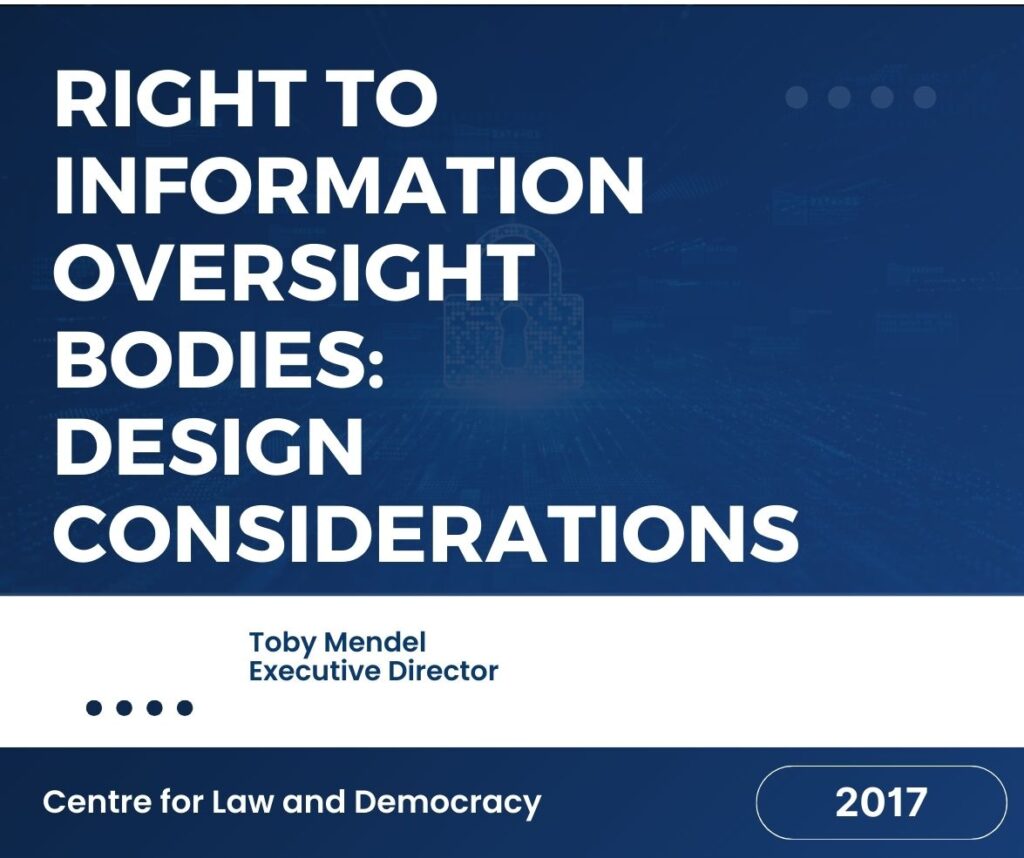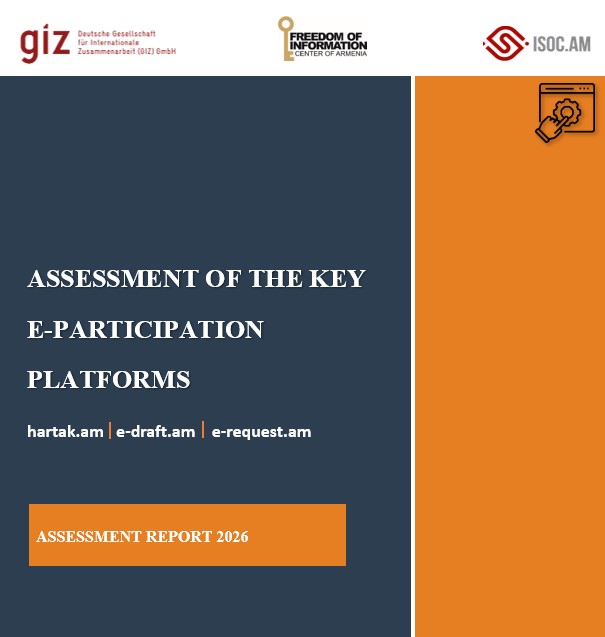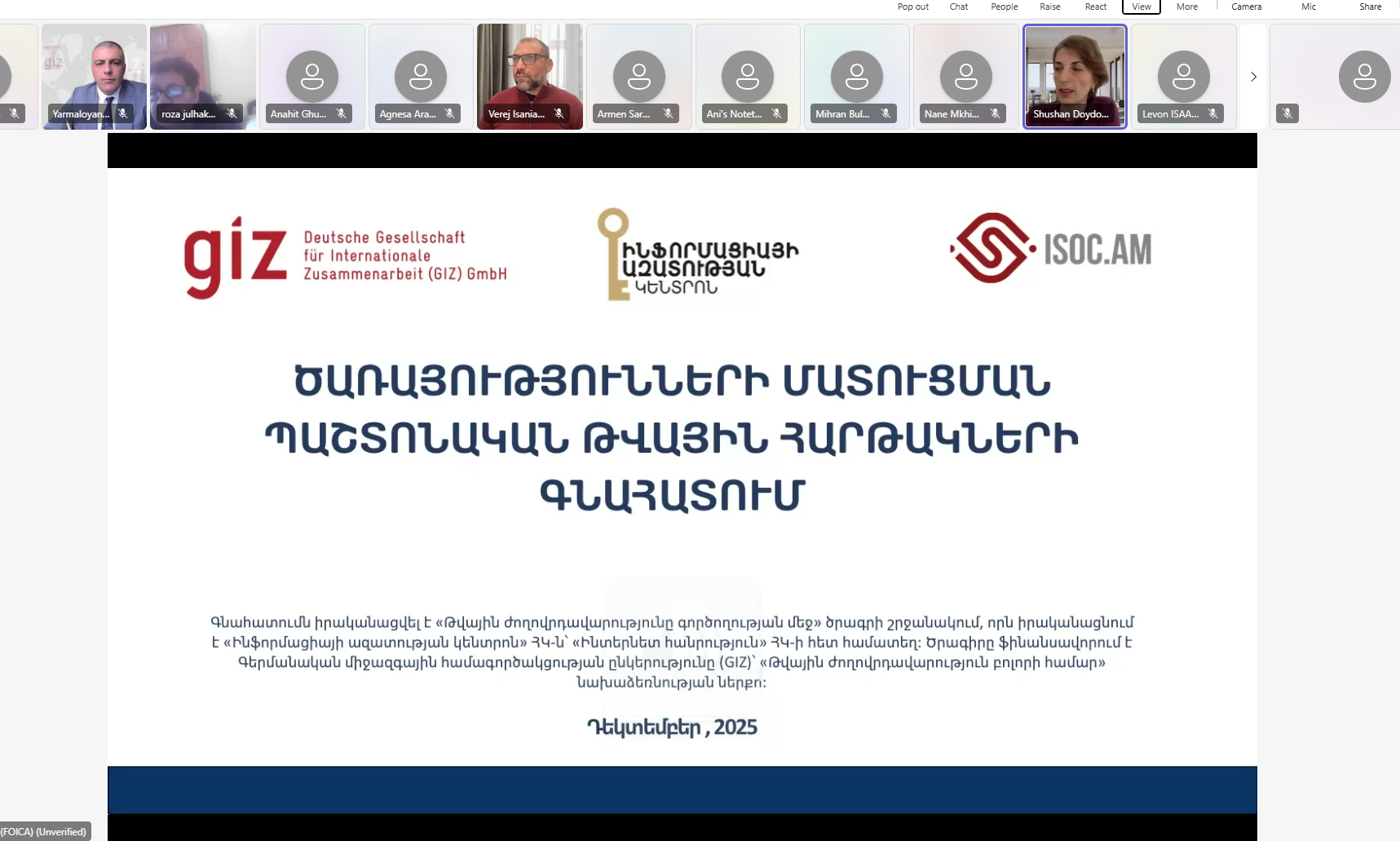Well over 110 countries have now adopted laws giving individuals a right to access information held by public authorities or right to information (RTI) laws. The enormous collective experience of these countries has demonstrated clearly the important role which is played by oversight bodies – i.e. those bodies which have the power to review the decisions of public authorities relating to requests for information – in terms of the successful implementation of these laws. Making good choices about the mandate, powers and activities of oversight bodies, including based on what we have learned from other countries, is a crucially important part of ensuring access to information in practice.
This paper reviews the experience of oversight bodies in countries around the world, with a view to providing guidance to countries that are either establishing oversight bodies or reviewing the way existing bodies, with a particular focus on the new Right to Information Commission in Sri Lanka. While the paper relies on experiences from many different countries, it focuses on the experience of oversight bodies in four key focus countries, namely Canada, India, Mexico and the United Kingdom.
The paper is divided into three parts. The first reviews a number of foundational questions regarding the mandate and structure of oversight bodies. The second addresses a role which is considered to be a core one for any body to be considered to be an oversight body, namely the processing of complaints regarding the manner in which requests have been processed. The third and final part provides input on the range of promotional/support activities that oversight bodies can undertake.
![]() Right to Information Oversight Bodies: Design Considerations
Right to Information Oversight Bodies: Design Considerations









